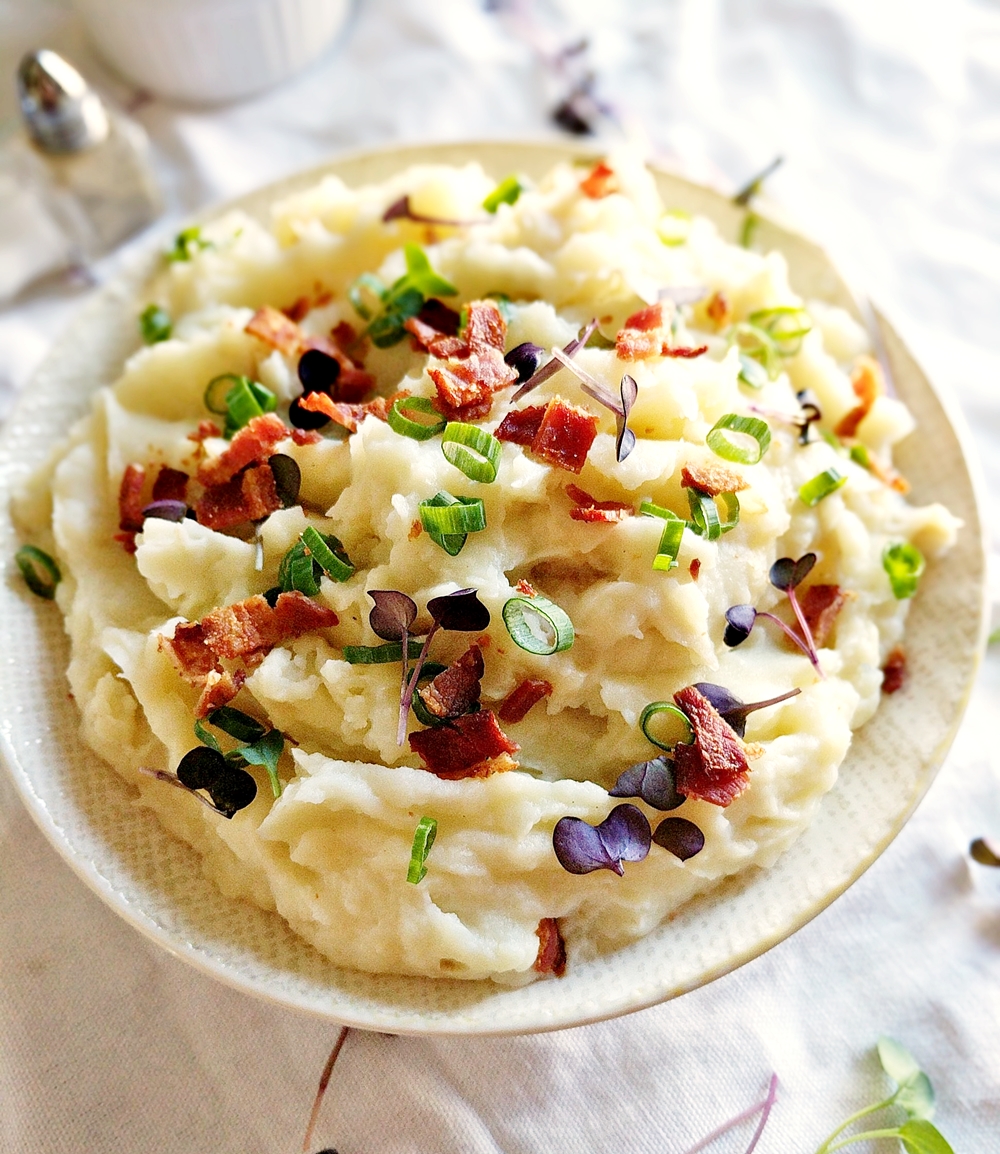I’ve been reading a lot of articles recently about the company Monsanto. There’s a lot of back and forth regarding them and all that information can be a bit overwhelming. Are they really the “bad guys”? Or are they misunderstood in their attempts to help feed as many people as possible?
I’ve attempted to sum it all up for you in this blog. Good and bad.
Monsanto supports GMO’s (Genetically Modified Organisms) which basically means genetically altered food. By having the food’s DNA altered, there can be a wide range of benefits to the item itself and the farmers including:
- Longer lasting produce
- Larger produce which results in a higher yield and more profit to farmers
- The food ripens slower, and lasts longer when the items are shipped across countries
- wont bruise as easily
- A lot of items, such as wheat, corn, or oil, can have vitamins added to it to make it “enriched”
Monsanto is trying to help the ever growing population handle the food requirements we need on a daily basis. Below are some of the staggering statistics from the FOA website (Food and Agriculture Organization of the United Nations) for yearly consumption in the United States in 2009:
- 12,237,585 tonnes of beef
- 4,325,067 tonnes of eggs
- 157,000 tonnes of honey
- 4,583,304 tonnes of various cheeses
- 7,449,887 tonnes of apples
- 3,266,612 tonnes of onions
That is just for 1 country! It would make sense when you see these numbers that animals and produce can’t be grown under normal conditions. In theory genetically modifying everything to produce larger yields faster is the way to meet these demands.
I’m not necessarily saying this is right or wrong, but the reason companies like Monsanto are labelled as “evil” is how they treat their food. When produce or livestock are genetically altered, it can potentially have serious side effects on the food we eat, and ourselves.
Some of the potential side effects to consuming genetically altered food, or food treated with pesticides include:
- Dangerous genes being incorporated into crops – Bt proteins, incorporated into 25% of all transgenic crops worldwide, have been found harmful to a range of non-target insects. Some of them are also potent immunogens and allergens. A team of scientists have cautioned against releasing Bt crops for human use.
- Terminator crops spread male sterility – Crops engineered with ‘suicide’ genes for male sterility have been promoted as a means of ‘containing’, i.e., preventing, the spread of transgenes. In reality, the hybrid crops sold to farmers spread both male sterile suicide genes as well herbicide tolerance genes via pollen.
- Broad-spectrum herbicides highly toxic to humans and other species – Glufosinate ammonium and glyphosate are used with the herbicide-tolerant transgenic crops that currently account for 75% of all transgenic crops worldwide. Both are systemic metabolic poisons expected to have a wide range of harmful effects, and these have been confirmed.
- Transgenic DNA and cancer – Transgenic DNA is known to survive digestion in the gut and to jump into the genome of mammalian cells, raising the possibility for triggering cancer. The possibility cannot be excluded that feeding GM products such as maize to animals also carries risks, not just for the animals but also for human beings consuming the animal products.
*You can see more of the potential side effects via http://saynotogmos.org
There are a lot of opinions out there for and against Monsanto. I’ve never really been one to necessarily pick a side, as I can appreciate both opposing viewpoints. I can’t say for sure if one side is right or wrong. I’m not the scientist, I’m the chef.
I will tell you what I choose to do:
- Find produce from local farmers as close as I can get to home. That way the food will be seasonal and fresh and I am supporting local ‘Farm to Table’
- Learn about where my protein and other foods are coming from. Find out where it’s grown or raised and make your own decision about what to eat. Google, at this point is your best friend!
- I’d like to start to grow my own produce. I think if more people got back to the basics and learned to grow their own food, they’ll be able to appreciate what’s on their plate more.
What are your thoughts on the Monsanto debate? I’d love to hear about them below!








I do have great concern for moving crops into Africa that are not natrual to the environment or the people consuming them. I really feel in the long run this will hurt their health and their land. When Monsanto plants it kills the soil with its herbicides and pesticides and can only be maintained with more chemicals. I would hate to kill soil and ruin water sources in areas that have so little good resource to begin with. It actually scares me because they are so desperate the will probably say yest to anything.
Pam
Agreed, a lot of people don’t have much of a choice and will pretty much believe whatever is said to them if they are told it can make their lives easier. We all need to become farmers!